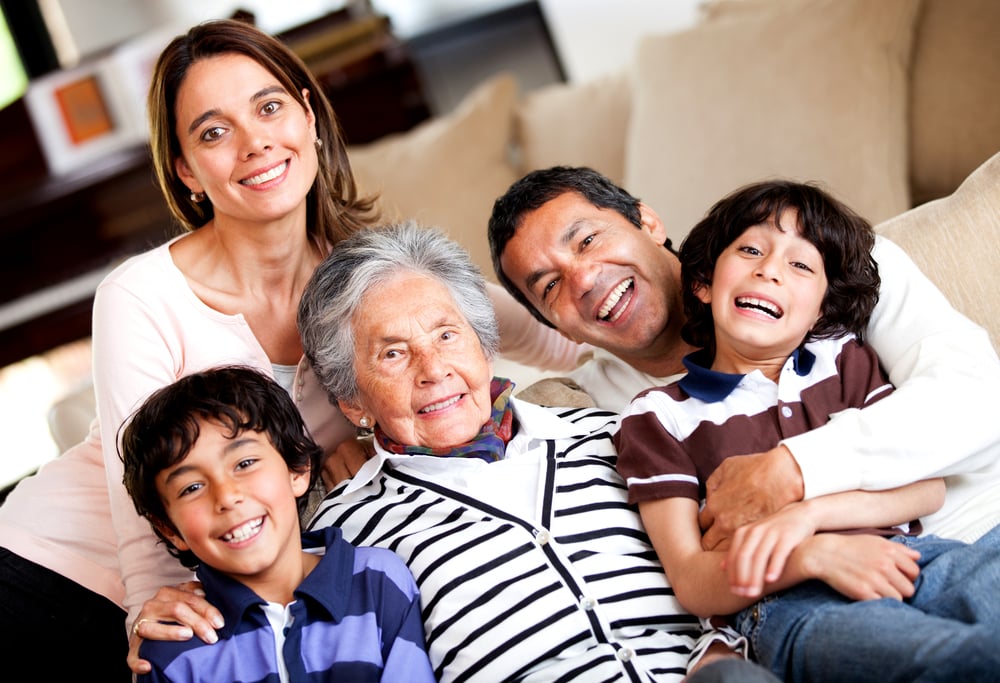15 min read
SB 326 Balcony Law & Reverse Mortgages: What California Seniors Must Know
Introduction
California’s SB 326 often called the “Balcony Law” was enacted in response to a series of tragic balcony...

Reverse mortgages have become a popular financial tool for seniors looking to tap into their home equity to enhance their retirement income. However, one of the most pressing concerns for couples considering this option is understanding what happens to the surviving spouse if the borrower passes away. This blog post aims to shed light on the implications of reverse mortgages for surviving spouses, ensuring that homeowners are well-informed about the future of their property and financial security.
A reverse mortgage is a loan available to homeowners aged 62 and older, allowing them to convert part of the equity in their home into cash. The borrower does not need to pay back the loan until they sell the home, move out, or pass away. It's a valuable resource for retirees needing additional income, but it comes with specific considerations for married couples.
In the past, the reverse mortgage industry faced criticism when non-borrowing spouses were forced to leave their homes after the borrowing spouse died. Recognizing this issue, the Department of Housing and Urban Development (HUD) implemented changes to provide better protection for non-borrowing spouses on Home Equity Conversion Mortgages (HECMs), the most common type of reverse mortgage.

For a surviving spouse to remain in the home after the borrower's death, certain conditions must be met:
If these conditions are met, the non-borrowing spouse can remain in the home without having to repay the loan immediately after the borrower's death.
Surviving spouses have several options depending on their situation and the loan's terms:
Non-borrowing spouses who meet the eligibility requirements can continue living in the home without repaying the loan balance until they decide to sell the home, move out, or pass away. This option provides security and stability, allowing spouses to remain in their home during a difficult time.
Surviving spouses may choose to repay the reverse mortgage loan. This can be done through personal funds, refinancing the mortgage into a traditional mortgage, or selling other assets. Repaying the loan is a viable option for those who wish to retain ownership of the home and pass it on to their heirs.
If the surviving spouse decides to sell the home, the proceeds from the sale can be used to repay the reverse mortgage loan. Any remaining equity after the loan is paid off belongs to the surviving spouse or the estate, which can then be distributed according to the borrower's will or state law.
In cases where the home's value is less than the amount owed on the reverse mortgage, a surviving spouse may consider a deed in lieu of foreclosure. This process involves transferring the home's title to the lender, satisfying the loan, and relieving the spouse of the obligation to repay the balance.
Couples considering a reverse mortgage should discuss their options and plans with a financial advisor, a reverse mortgage counselor, and their family. Understanding the implications for the surviving spouse and ensuring that both partners are comfortable with the plan is crucial.
It's also advisable to seek legal and financial advice to understand the reverse mortgage's impact on estate planning and the surviving spouse's financial situation. Professional guidance can help navigate the complexities of reverse mortgages and ensure that both spouses' rights and interests are protected.
Couples should ensure that all loan documents accurately reflect their marital status and that the non-borrowing spouse is recognized in the paperwork. Keeping records up to date can prevent complications and ensure that protections for non-borrowing spouses are enforced.
Reverse mortgages can offer financial relief and independence for seniors, but it's essential to consider the long-term implications, especially for married couples. Understanding the protections in place for surviving spouses and exploring all available options can help ensure that both partners feel secure in their decision. By planning ahead and seeking professional advice, couples can navigate the complexities of reverse mortgages and make informed choices that safeguard their future and the well-being of the surviving spouse.
Jul 15, 2025by Jason Nichols
California’s SB 326 often called the “Balcony Law” was enacted in response to a series of tragic balcony...
Jul 1, 2025by Jason Nichols
Are you a homeowner in your 60s looking for a way to stretch your retirement income? Well, a reverse mortgage might be...
Jun 16, 2025by Jason Nichols
A reverse mortgage loan lets eligible homeowners borrow money against their home equity without making monthly mortgage...